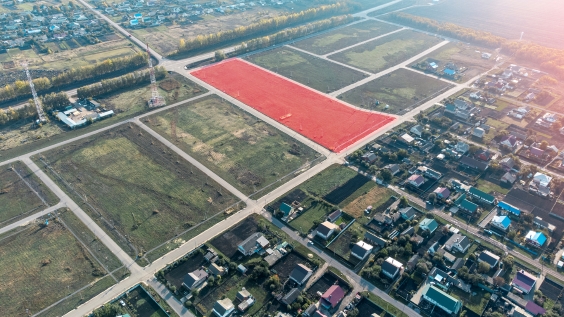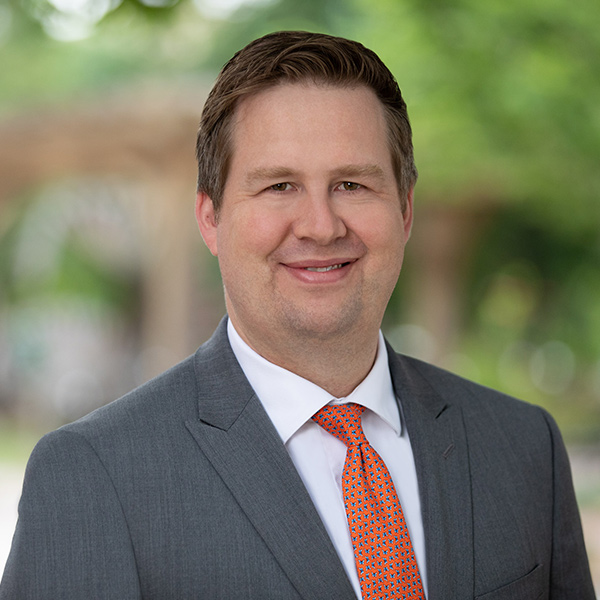
Insight by Morningstar Law Group Partner Jeff Roether
On December 13, 2024, the Supreme Court of North Carolina issued a ruling in Schooldev East, LLC, v. Town of Wake Forest (Case No. 268A22) which reaffirmed North Carolina’s public policy in favor of “the free and unrestricted use and enjoyment of land” and the protection of property rights in general.
Background
In 2019, Schooldev East, LLC (“SE”), applied to the Town of Wake Forest (the “Town”) for a major subdivision plan permit and a major site plan permit with the intention of constructing a charter school on a thirty-five-acre parcel of land.
The Town’s planning board and board of commissioners held joint hearing on the application where SE presented evidence to support the application, in specific, evidence as to SE’s compliance with the Town’s uniform development ordinance (the “UDO”) section 3.7.5 which contained provisions regarding the “construction of off-premises sidewalks, multi-use paths[,] or greenways to existing networks” and “[c]onnectivity…to surrounding residential areas”. SE presented evidence that it would construct a multi-use path along the front of the property connecting the project to a neighboring park and to a future subdivision across the road. During the hearing, no evidence in opposition to SE’s application was presented.
Despite this, the planning board voted to recommend denial of the application. The board of commissioners then deliberated, considering matters beyond the scope of the evidence presented, and subsequently voted to deny the application, justifying the denial in large part on the board’s determination that the project would not provide sufficient connectivity with all surrounding neighborhoods.
SE appealed, first to the Wake County Superior Court and then to the North Carolina Court of Appeals, both of which upheld the decision of the board of commissioners. SE then appealed to the North Carolina Supreme Court.
Analysis
The primary issue addressed by the Court was whether the applicant introduced sufficient evidence to establish the UDO’s requirement of “connectivity” to “surrounding residential areas.” The Town argued that the UDO required connection to “all” surrounding residential neighborhoods. SE argued that the UDO only required some connection to surrounding residential neighborhoods—which its application provided for—but not to all surrounding residential neighborhoods.
The Court determined that the ordinance did not expressly require connection to “all” surrounding areas. The UDO text required only connectivity “to surrounding residential areas” without any further qualification. Without express unambiguous language requiring complete connection, the Court found no basis for the denial. The Court further noted that state law prohibits the Town from compelling the applicant to provide off-premises improvements, which shows additional uncertainty as to whether the word “surrounding” was include non-contiguous properties.
As a result of the UDO’s ambiguity, the Court relied upon long-standing North Carolina precedents for the correct interpretation of land use ordinances. Under North Carolina law, any “well-founded doubt” as to the meaning of a land use ordinance must be resolved in favor of the “free use of property.” See Yancey v. Heafner, 268 N.C. 263, 266 (1966). The Court stressed that “[t]his is no arbitrary canon of construction,” but rather a reflection of “our state’s longstanding public policy favoring the ‘free and unrestricted use and enjoyment of land.’” Id at 21.
Therefore, the Court reversed the decision of the Court of Appeals and remanded the matter to the Town to approve the applications
Conclusion
While North Carolina’s protection of property rights is not a new development, this case is an important reminder that all doubts are to be resolved in favor of the “free use of land.”. Cases such as this continue to light the way for property owners looking to utilize their property as best they can, and serves as a reminder to local governments that clarity is best for all parties involved. As the Court observed in School Dev East, property owners “should not need law degrees to figure out what local government ordinances allow them to do with their own land.” Schooldev East, LLC, v. Town of Wake Forest, 386 N.C. 775, 789 (2024).

